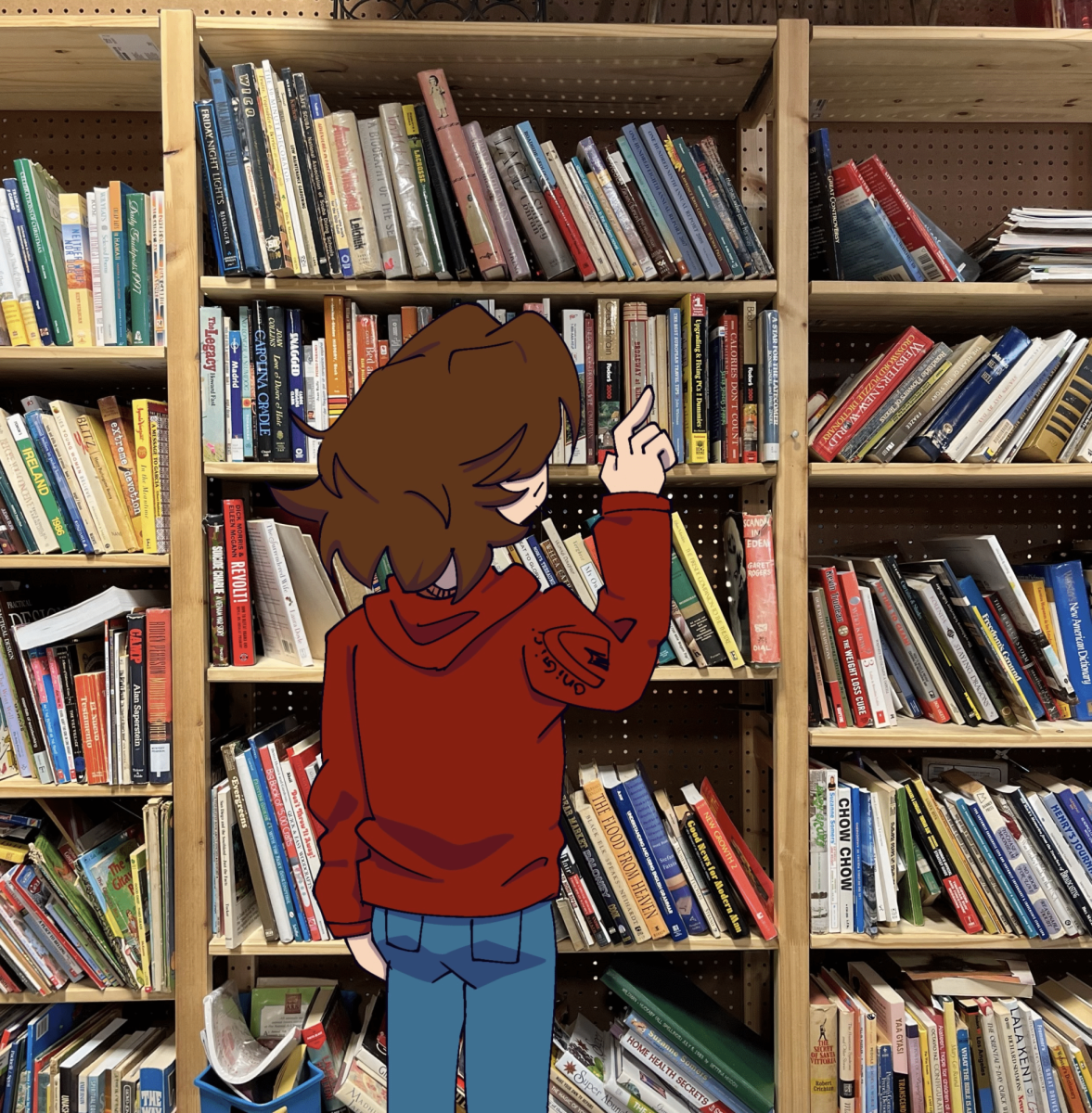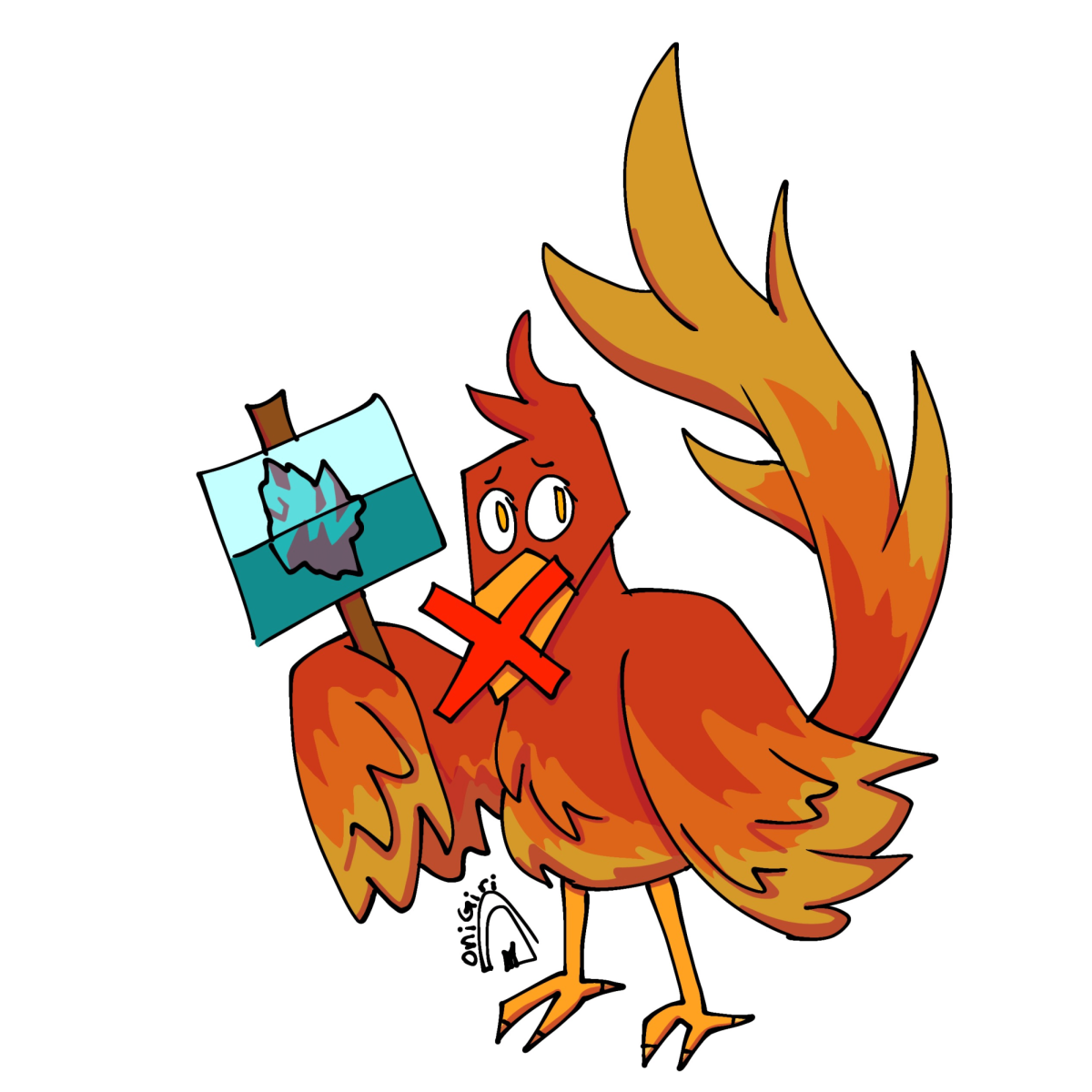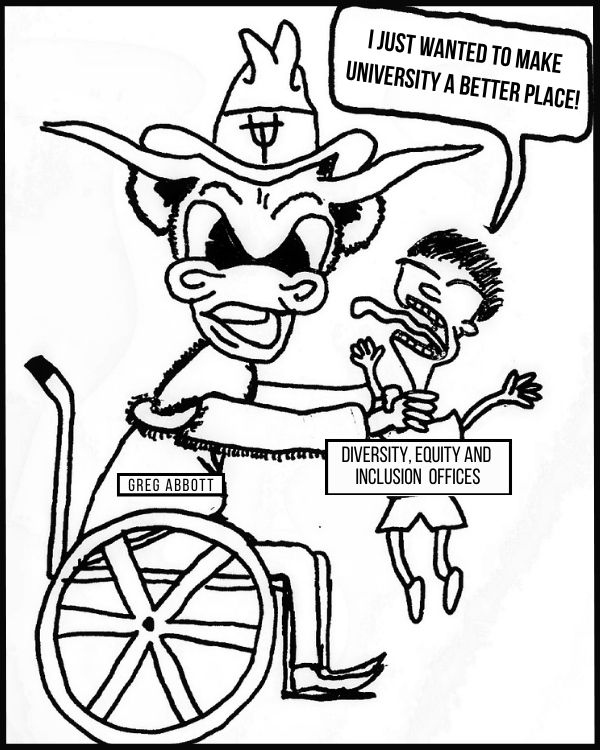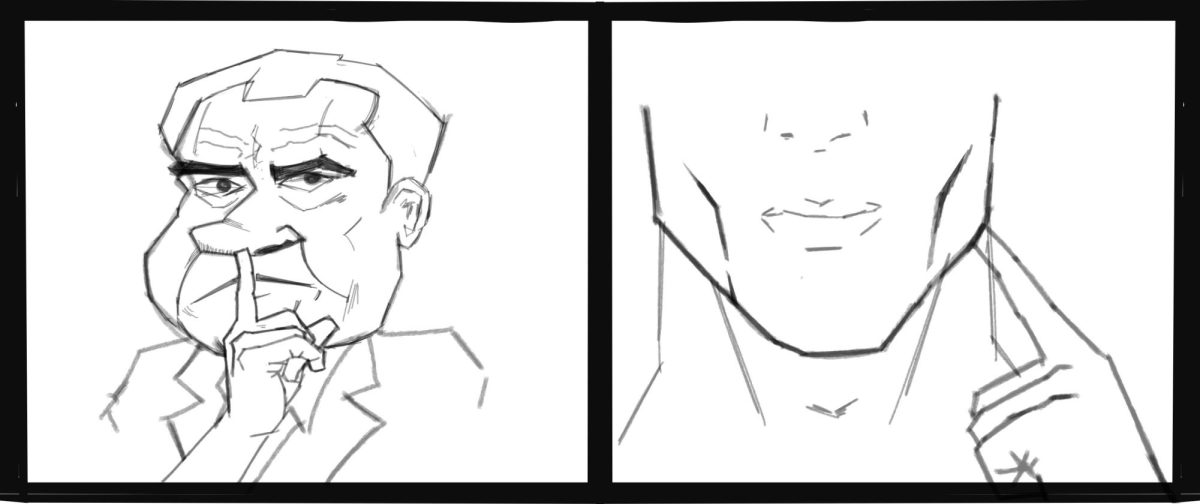
Hating class in high school was fun. You and all of your friends were forced to be there and were unified by acting apathetic and longing for the future.
Now, we are in college. Not only did we choose the school that we attend, but also we are paying great sums to be here. We have selected a major with course work that interests us to be led to a career that we hope to enjoy.
Yet, we are still in classrooms with students who look like they are being punished. Every assignment comes with new gripes and resistance. These students then use their feelings to unite once again. Comments are blurted out on the day that the assignment is due like, “Who actually read this?” or “I wrote the whole thing last night.”
These comments make students who actually put time and effort into assignments feel like odd ones out. To avoid this feeling, they play along and act like the assignment was hell for them too, or they lose their motivation and desire to discuss the material.
This scenario is a reoccurring theme that I have seen in almost every one of my classes. In core classes, I was more willing to understand it. Maybe engineering students had little interest in their American history course, or an English major had a hard time digging into their macroeconomics work. However, still in upper-division courses, there are almost always a handful of students, if not more, who just seem like they do not care.
This apathetic atmosphere that lingers in our classrooms astonishes me. Everyone in the classroom is choosing to be there. Even if students are not interested in the specific course work, they have decided to go to college to better themselves and obtain an education. Students should treat every class as a way to widen their breadth and depth of knowledge and to improve their analytical skills.
Sometimes it seems like students are more concerned about signing the attendance sheet, receiving a high grade and obtaining a piece of paper at the end of their four years than they are interested in the assignments at hand. Yes, we all want our diplomas, but what is the point of it all if we come out of college without new skills and perspectives?
Students who decide to put in minimal or less than minimal effort into classes are not just hurting themselves. It has a reciprocal effect. Classes held in a discussion format rely on students having read and analyzed the material. If the majority of the class does not do the assignments, two or three students end up dominating the classroom discussions, while the other students gaze ahead, taking glimpses down at their phones.
The continued apathetic nature of the students causes the class to fail to reach its learning objectives. Then, professors feel forced to reevaluate the class formats because of low grades, high drop rates or just a plain lack of participation. Perhaps tests are switched from timed writings to a multiple-choice format or a hybrid of the two. Students may get a better grade in the class, but these changes are a step backward in the development of critical thinking skills, which ultimately leads to a less progressive academic atmosphere at UTSA.
UTSA is wealthy with bright and creative students, but many of them lack motivation or interest in their classes. You can easily waste four or five years at college by not reading class material, cramming for tests and waiting until the night before the due date to start a paper. Every college student is guilty of at least one of these, but if they are reoccurring themes in an academic career than they might need to rethink where your motivation comes from or why they are in college at all.
A diploma might be needed to obtain the job you desire, but the knowledge and analytical skills that you obtain from college will be what allow you to progress and prosper in your professional field. If you are going to spend their time and money on college, you owe it to yourself to squeeze out every last skill, perspective and idea that your school has to offer.

















